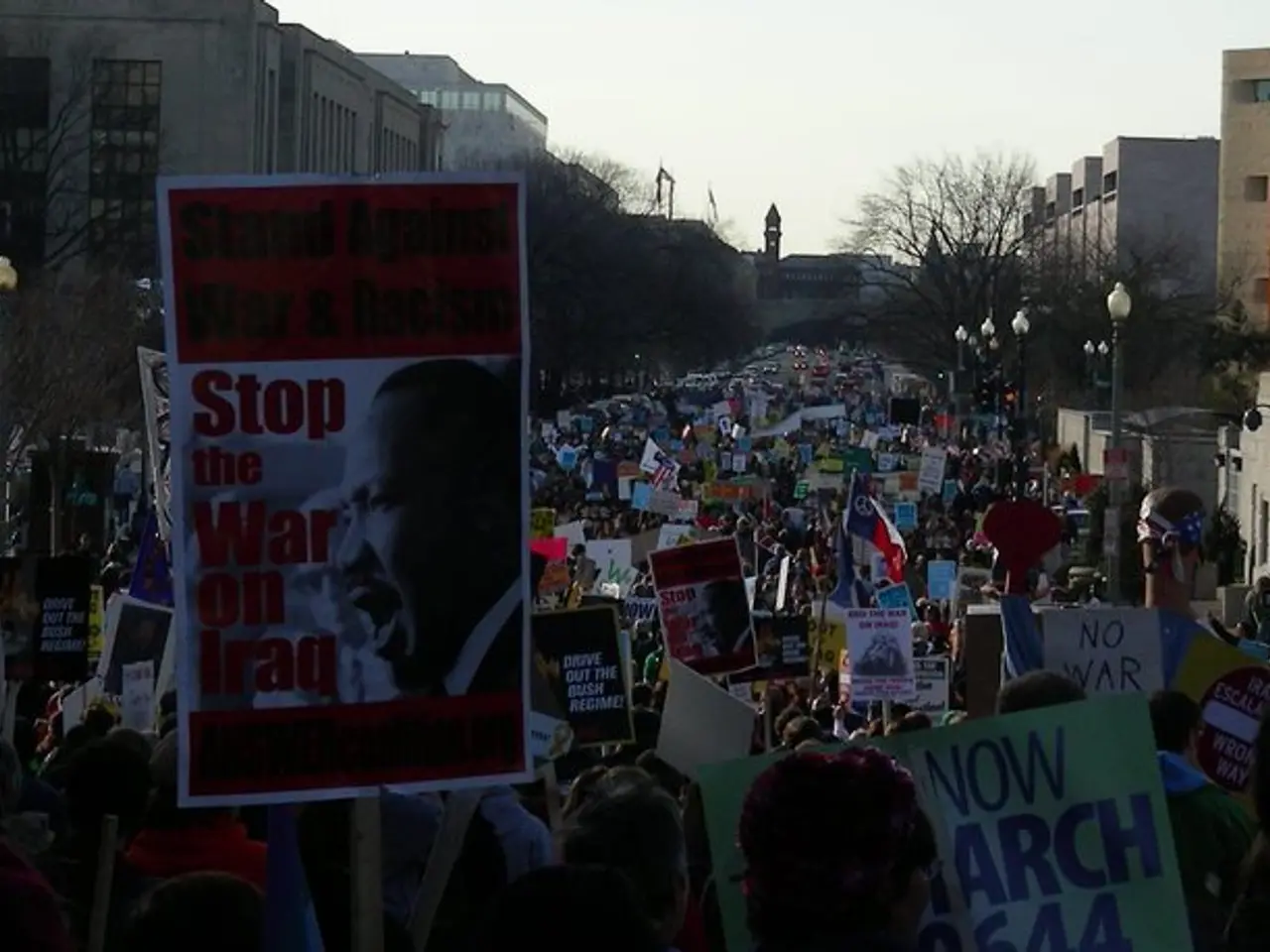Terrorist assault on checkpoint thwarted, resulting in the death of a police officer and the elimination of three assailants in Bannu, Khyber Pakhtunkhwa.
In the month of May 2022, Pakistan witnessed a slight uptick in militant activities, particularly in the provinces of Khyber Pakhtunkhwa (KP) and Balochistan. According to data from the Pakistan Institute for Conflict and Security Studies (PICSS), there was a 5% increase in attacks compared to April 2022, with a total of 85 militant attacks recorded in May.
This surge in militant activities can be attributed to several factors. The resurgence and adaptation of militant groups such as Tehrik-i-Taliban Pakistan (TTP) and Islamic State (IS) affiliates have intensified operations in these border regions, following the Taliban takeover in Afghanistan in 2021.
The porous Afghanistan-Pakistan border also facilitates militant movement and the inflow of weapons and fighters, heightening instability in KP and Balochistan. Additionally, ethno-political insurgency in Balochistan continues, with separatist Baloch insurgents attacking over grievances related to political autonomy, resource distribution, and governance.
Security force operations targeting militant hideouts have also triggered retaliatory attacks, contributing to fluctuating violence levels. Furthermore, poverty, unemployment, and weak governance in these provinces create environments conducive to militant recruitment.
In May, 113 fatalities occurred, including 52 security forces personnel, 46 civilians, 11 militants, and four members of peace committees. A total of 182 individuals were injured, comprising 130 civilians, 47 security personnel, four militants, and one peace committee member. Deaths among security personnel surged by 73% in May compared to April, while civilian injuries increased by 145%.
Notable incidents include a terrorists' attack on a checkpost in Bannu district, Khyber Pakhtunkhwa, which resulted in the martyrdom of a policeman. Three terrorists were killed in the retaliatory fire during the attack on the Fateh Khel checkpost. A search operation is underway in the area to track down any further militants.
Despite the regional geopolitical climate, militant groups largely remained contained. Heightened military tensions with neighboring India did not trigger a significant escalation in violence from extremist groups. However, specific quantitative trends and detailed causes post-2021 require updated data and analysis from credible security reports, government sources, and conflict research institutions.
[1] It is important to note that a single search result listing some terrorist incidents linked to Islamic State in Pakistan in 2016, including in Quetta (Balochistan), indicates a history of such violence but does not cover trends or causes since 2021. If precise recent statistics or scholarly analyses on this topic are needed, further targeted searches in specialized databases or official government/security briefings would be recommended.
- The rise in militant activities in Pakistan, as evidenced in May 2022, is closely associated with the politics of the region, particularly the resurgence of militant groups like Tehrik-i-Taliban Pakistan (TTP) and Islamic State (IS) affiliates, following the Taliban takeover in Afghanistan in 2021, and the ongoing ethno-political insurgency in Balochistan.
- The general news landscape, encompassing war-and-conflicts, politics, and crime-and-justice, often features updates on the instability in Khyber Pakhtunkhwa (KP) and Balochistan, as these provinces have become hotspots for militant activities, exacerbated by factors like the porous Afghanistan-Pakistan border, poverty, unemployment, and weak governance.








